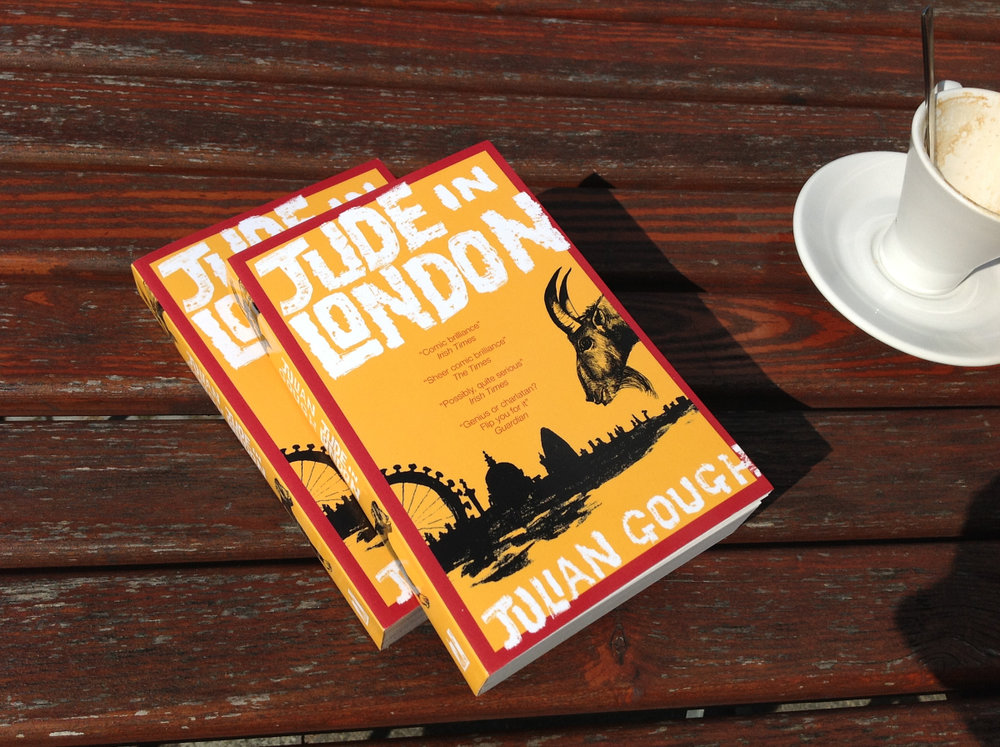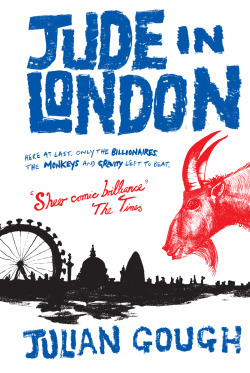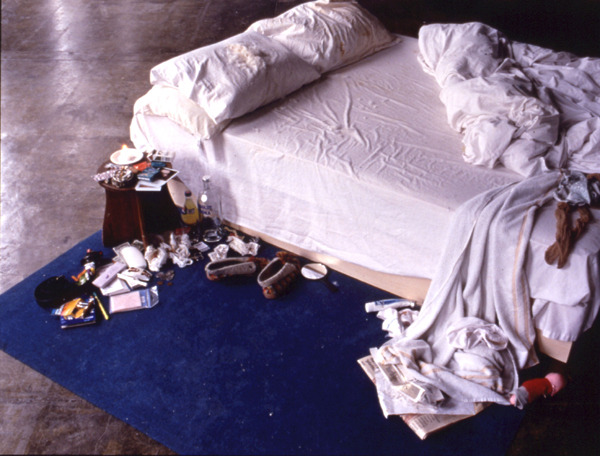Jude in Waterstones - a new and exciting adventure for Jude, with an unfortunate ending
/Waterstones are the biggest book chain in the UK, with 296 shops. They sold five hundred million pounds worth of books last year. I’m very happy about that, because I write books. In fact, Jude in London, my most recent novel, came out in paperback this month. The Observer just named it their Paperback of the Week.
The paperback is the cheaper, mass market edition. It’s the one covered in great reviews of the more expensive trade paperback, or hardback, from a year earlier. The paperback is how you reach a mass audience.
I’d had a busy year since Jude in London first came out. The kind of busy year retailers like; one that raises your public profile, and brings new people to your work. My second BBC radio play starring Jude — The Great Squanderland Roof — had picked up roughly a million listeners. My stageplay starring Jude (The Great Goat Bubble), had sold out its run, every ticket, every night. The novel itself had been shortlisted for the Bollinger Everyman Wodehouse Prize (former winners: Will Self, Ian McEwan, Howard Jacobson…) It was even shortlisted for the Guardian's anarchic anti-award, the Not The Booker Prize. And, since Jude in London first came out, I’d written the long narrative at the end of Minecraft. (Winning every award going, Minecraft was Time Magazine's Computer Game of the Year for 2011). Given that Minecraft had by now sold nine million copies, my work had quite possibly had more readers than that of any other quirky literary novelist this year.
One of the exciting things about being a writer is when your publisher tells you how many copies Waterstones have ordered. It is exciting partly because they completely dominate the retail market for literary fiction in the UK. (If they don’t stock you, your book is dead.) But it is also exciting because I love Waterstones. Theirs are the shops in which I browse, and buy, when I’m in England. Their staff are terrific; friendly and knowledgeable. It’s a special pleasure to ask someone in the fiction section to recommend something odd and interesting. (Last time, in their flagship Picadilly branch — which has eight and a half miles of shelves — I was lovingly introduced to Daniil Kharms.) Their Oxford Street branch is a delight, and its witty Twitter account is a must-follow. Of course, those staff and managers are no longer allowed to order anything. It all has to come from head office. But that means head office can put in a huge order. (Waterstones ordered 12,000 copies of the paperback of my first novel, back when I was even more obscure than I am now.) My hopes were, cautiously, high.
So, how many copies did Waterstones order of the paperback? Two. Two copies. Not two copies per shop. Two copies to share between all 296 stores. That's less than 1% of a copy per shop. That’s… (Does the maths on a napkin)… exactly three pages for each manager. (Hmm. That reminds me of something… It’ll come to me.)
Now, I have no problem with this. I understand that nobody wants to read highly praised novels that have been shortlisted for well-known awards, especially when they’ve been written by award-winning cult writers whose writing gets millions of listeners and readers in other media.
What’s been puzzling me is… why did Waterstones order two copies? Why not no copies? I mean obviously they don’t like the book. Fair enough. My stuff has a strong flavour that is not to everyone’s taste. Ordering no copies would make sense. But a head office order that comes to only three pages for every shop? Why would they want… wait a minute. (Googles feverishly. Returns a couple of minutes later…)
Hey, did you know that, in the UK, the average person uses three sheets of paper to wipe their backside after a crap? Obviously, some use less, and some use more, but the UK average is three.
So, Waterstones have ordered two copies of Jude in London.
Just enough to give every manager of every shop in the Waterstones chain exactly three pages each…
Hmmm.
They REALLY don’t like my book.






